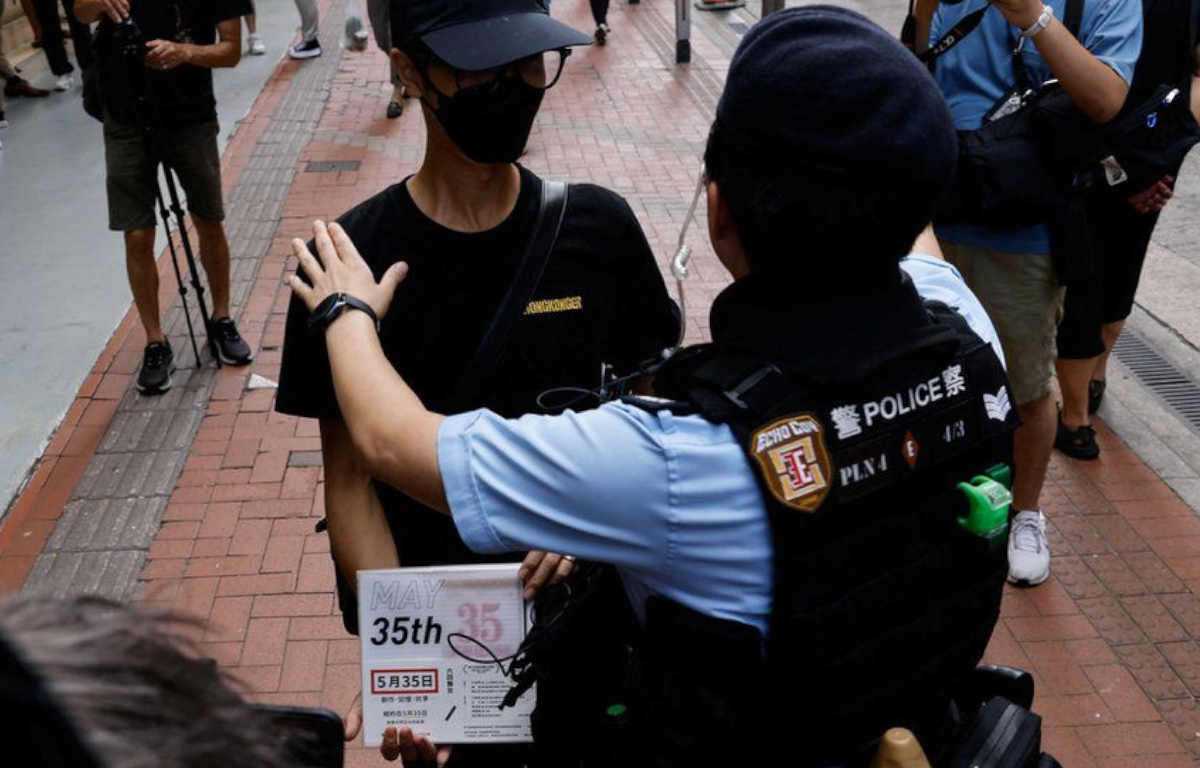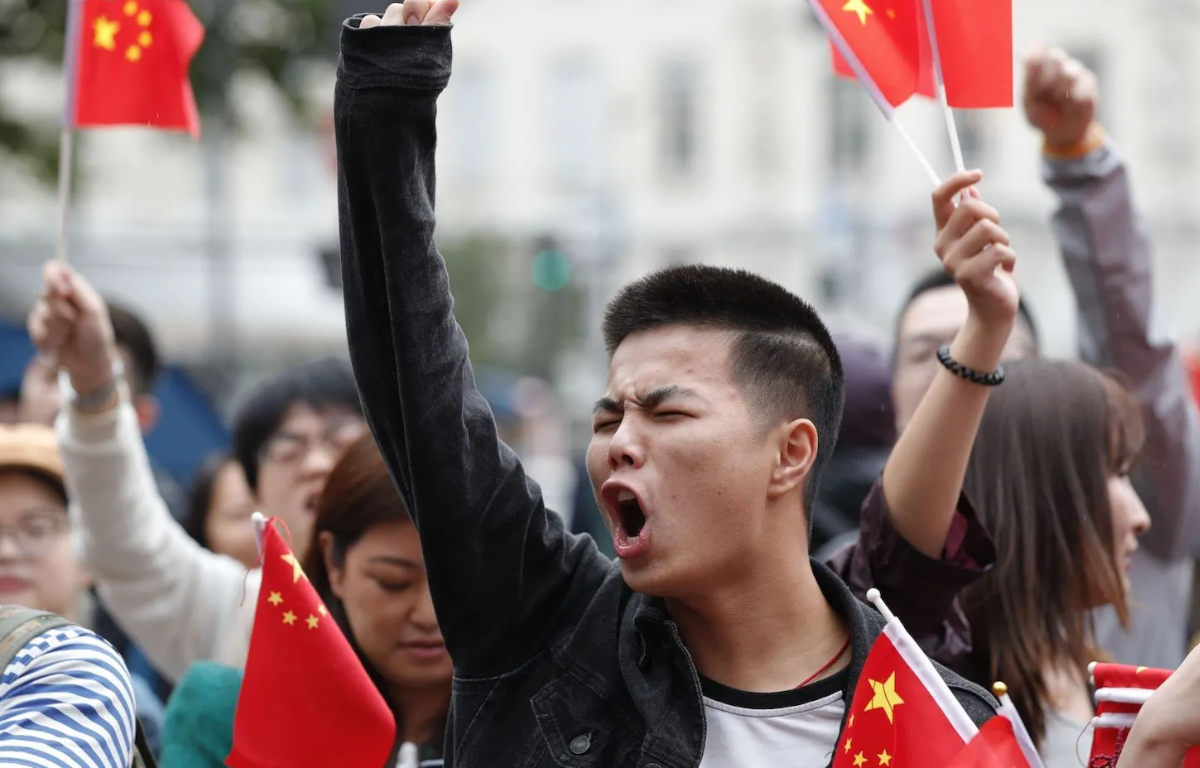
This development has raised concerns about academic freedom and scientific inquiry in China, drawing attention to the challenges faced by researchers in the country.
Dr. Shi, also known as “Bat Woman” for her research on bat coronaviruses, gained international recognition for her efforts in identifying and studying the SARS-CoV-2 virus responsible for the COVID-19 pandemic. Her early work, including the sequencing of the virus’s genome, was instrumental in understanding its origins and transmission dynamics.
However, Dr. Shi’s eviction from the Wuhan Institute of Virology, where she conducted her research, has sparked controversy and speculation about the reasons behind this move. While official statements attribute her eviction to a renovation project at the lab, some observers believe it may be linked to political pressures or disagreements over research directions.
The situation has led to concerns about academic freedom and the ability of scientists to pursue research without interference or reprisals. Dr. Shi’s case highlights the challenges faced by researchers, particularly in sensitive areas such as infectious diseases and public health, where scientific findings can have significant implications.
In response to her eviction, Dr. Shi has spoken out, expressing her frustration and disappointment. She has emphasized the importance of scientific inquiry and the need for researchers to have the freedom to explore new ideas and investigate emerging threats, including novel viruses like SARS-CoV-2.
The incident involving Dr. Shi has drawn attention to broader issues surrounding transparency, accountability, and scientific collaboration, particularly in the context of global health emergencies. The COVID-19 pandemic has underscored the critical role of scientific research in understanding and responding to infectious diseases, highlighting the importance of supporting and protecting researchers engaged in this work.
International organizations and advocacy groups have called for greater transparency and cooperation in investigating the origins of the COVID-19 virus, stressing the need for open access to data and research findings. The case of Dr. Shi Zhengli serves as a reminder of the challenges faced by scientists working in complex and politically sensitive fields, and the importance of upholding principles of academic freedom and scientific integrity.
As discussions continue about the circumstances surrounding Dr. Shi’s eviction and its implications for scientific research, there is growing recognition of the need to support researchers and institutions committed to advancing knowledge and addressing global health challenges. Ensuring a conducive environment for scientific inquiry and collaboration is crucial for navigating future pandemics and safeguarding public health on a global scale.










Share this: